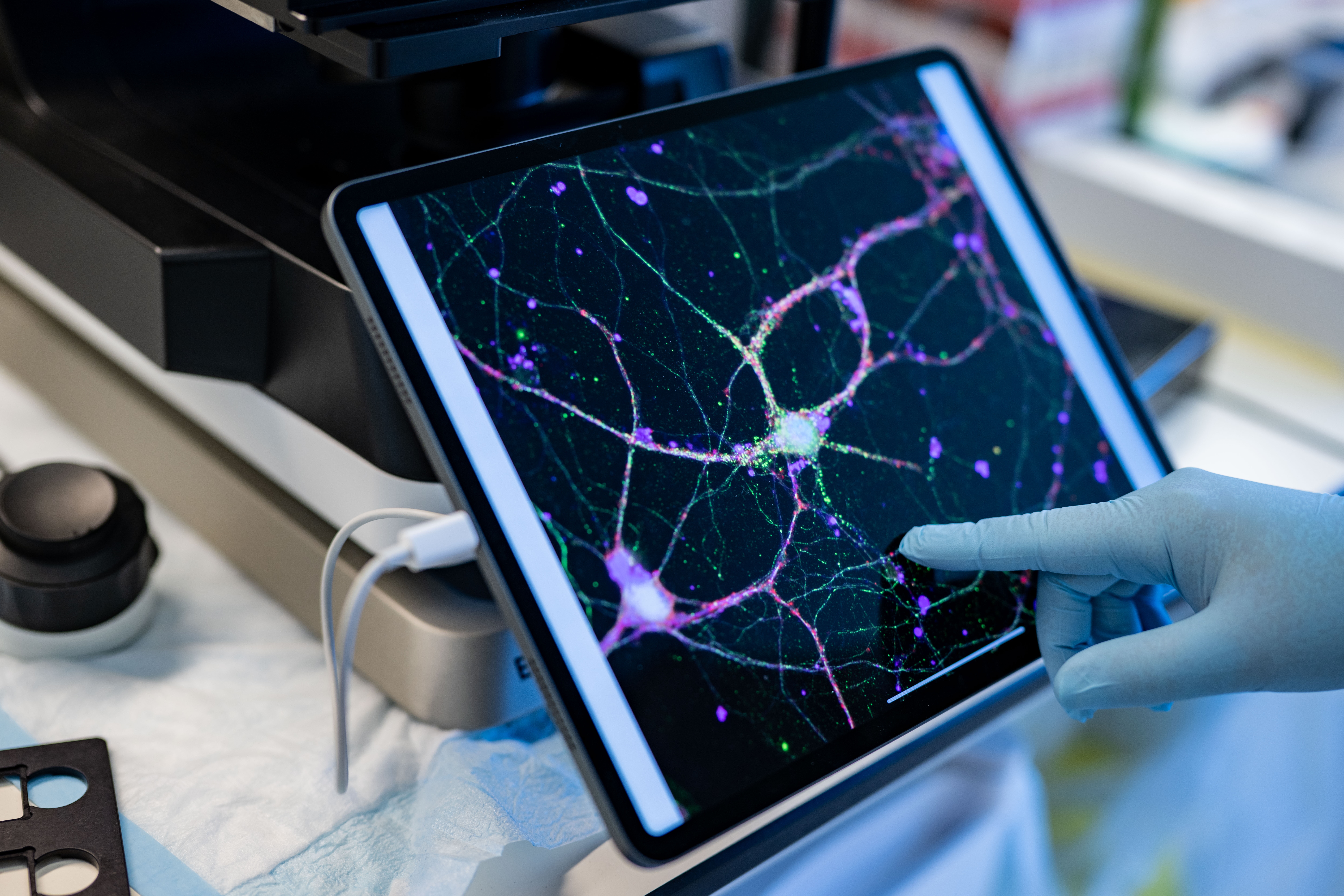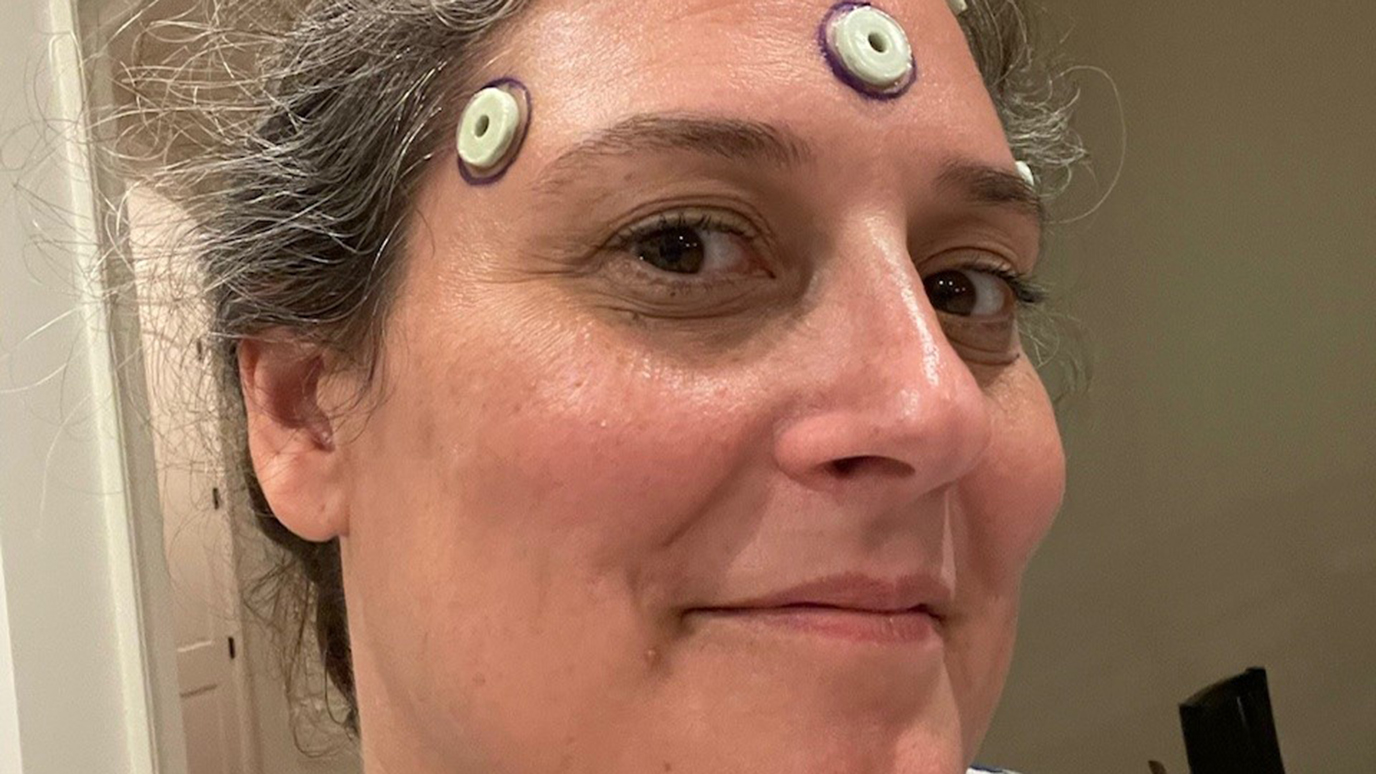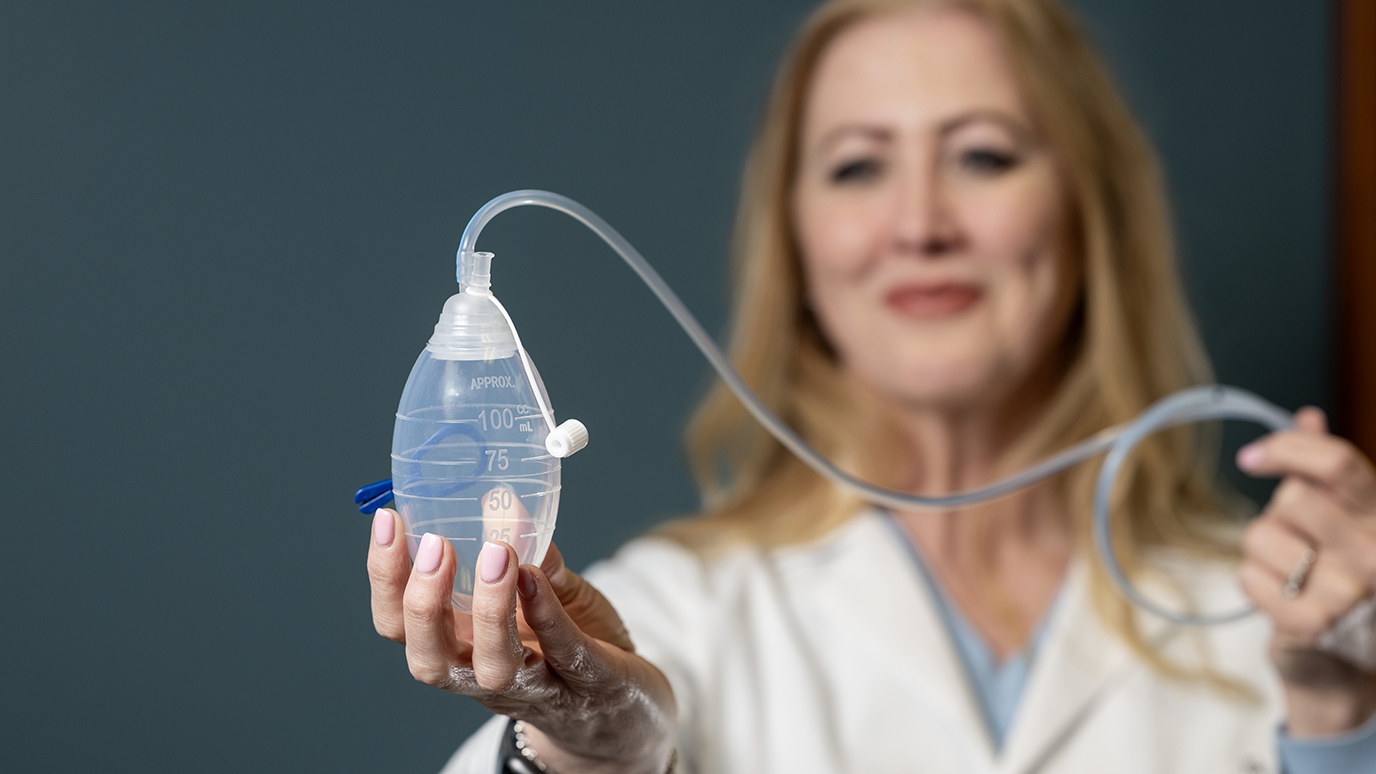- Diseases
- Acoustic Neuroma (14)
- Adrenal Gland Tumor (24)
- Anal Cancer (66)
- Anemia (2)
- Appendix Cancer (16)
- Bile Duct Cancer (28)
- Bladder Cancer (68)
- Brain Metastases (28)
- Brain Tumor (230)
- Breast Cancer (718)
- Breast Implant-Associated Anaplastic Large Cell Lymphoma (2)
- Cancer of Unknown Primary (4)
- Carcinoid Tumor (8)
- Cervical Cancer (154)
- Colon Cancer (164)
- Colorectal Cancer (110)
- Endocrine Tumor (4)
- Esophageal Cancer (42)
- Eye Cancer (36)
- Fallopian Tube Cancer (6)
- Germ Cell Tumor (4)
- Gestational Trophoblastic Disease (2)
- Head and Neck Cancer (6)
- Kidney Cancer (124)
- Leukemia (344)
- Liver Cancer (50)
- Lung Cancer (288)
- Lymphoma (284)
- Mesothelioma (14)
- Metastasis (30)
- Multiple Myeloma (98)
- Myelodysplastic Syndrome (60)
- Myeloproliferative Neoplasm (4)
- Neuroendocrine Tumors (16)
- Oral Cancer (100)
- Ovarian Cancer (170)
- Pancreatic Cancer (166)
- Parathyroid Disease (2)
- Penile Cancer (14)
- Pituitary Tumor (6)
- Prostate Cancer (144)
- Rectal Cancer (58)
- Renal Medullary Carcinoma (6)
- Salivary Gland Cancer (14)
- Sarcoma (236)
- Skin Cancer (296)
- Skull Base Tumors (56)
- Spinal Tumor (12)
- Stomach Cancer (60)
- Testicular Cancer (28)
- Throat Cancer (90)
- Thymoma (6)
- Thyroid Cancer (98)
- Tonsil Cancer (30)
- Uterine Cancer (78)
- Vaginal Cancer (14)
- Vulvar Cancer (18)
- Cancer Topic
- Adolescent and Young Adult Cancer Issues (20)
- Advance Care Planning (10)
- Biostatistics (2)
- Blood Donation (18)
- Bone Health (8)
- COVID-19 (362)
- Cancer Recurrence (120)
- Childhood Cancer Issues (120)
- Clinical Trials (626)
- Complementary Integrative Medicine (24)
- Cytogenetics (2)
- DNA Methylation (4)
- Diagnosis (230)
- Epigenetics (6)
- Fertility (64)
- Follow-up Guidelines (2)
- Health Disparities (14)
- Hereditary Cancer Syndromes (124)
- Immunology (18)
- Li-Fraumeni Syndrome (8)
- Mental Health (118)
- Molecular Diagnostics (8)
- Pain Management (62)
- Palliative Care (8)
- Pathology (10)
- Physical Therapy (18)
- Pregnancy (18)
- Prevention (896)
- Research (390)
- Second Opinion (74)
- Sexuality (16)
- Side Effects (604)
- Sleep Disorders (10)
- Stem Cell Transplantation Cellular Therapy (216)
- Support (404)
- Survivorship (322)
- Symptoms (184)
- Treatment (1776)
Advancing cancer surgery through data science
3 minute read | Published January 12, 2024
Medically Reviewed | Last reviewed by an MD Anderson Cancer Center medical professional on January 12, 2024
At MD Anderson, operating room lamps cast a brilliant glow on surgeons, nurses, anesthesiologists and other clinical team members as they work together to treat thousands of patients each year. Now that glow has been cast wider to include data scientists and engineers. Led by Jeff Siewerdsen, Ph.D., these quantitative scientists are regularly suiting up in scrubs to experience first-hand the operating room workflows they’re trying to improve.
Desire to make a positive impact leads to role at MD Anderson
MD Anderson’s Surgical Data Science Program was born from Siewerdsen’s observations over his 25 years as an academic researcher. In that time, he focused on developing new imaging technologies for diagnostic and interventional procedures. While his work produced numerous technologies and algorithms now used in operating rooms, he has strived more recently to conduct his research more closely with clinical teams impacted by the problems he has sought to address.
“Rather than continuing to add new technologies to address unmet clinical needs, I wanted to simplify, integrate and critically evaluate the value of new technologies using data science and systems engineering,” says Siewerdsen.
That opportunity arrived last year when MD Anderson recruited him.
“I was drawn to MD Anderson’s vision, strategic resources, expertise and capacity to bring major positive impact for patients and clinical teams,” recalls Siewerdsen, who was recently named to the National Academy of Inventors 2023 Class of Fellows. “To bring data science and systems engineering approaches to surgery – at MD Anderson’s scale – is a tremendous opportunity to show how these disciplines can make a tangible impact for patients and their clinical teams.”
Enabling surgery advances that benefit patients and clinicians
Drawing inspiration from his research as well as the “Surgineering” education program that he created at his previous institution, Siewerdsen established and leads a focus area within the newly launched Institute for Data Science in Oncology (IDSO). The IDSO Safety, Quality and Access focus area fosters collaboration with surgeons and clinical departments to integrate new technology and drive data science solutions to clinical practice.
One example is the creation of computational tools for improved operating room scheduling to enhance the efficiency of operating room use, leading to increased patient access and improved clinician wellness by streamlining clinical workflows. Another example is to use machine learning for real-time analysis and prediction to avoid surgical adverse events. A third involves surgical process modeling to refine workflows and quantitatively evaluate the benefit of emerging technologies before introducing them to the operating room.
“In the years ahead, my goal is not only to help move the needle on safety and quality but also to prove the hypothesis that quantitative scientists integrated with clinical operations are key to realizing major advances in surgery,” says Siewerdsen. “For MD Anderson’s patients, this means that surgery will be more accessible, safer and will use the most cutting-edge technologies to their fullest benefit.”
Related Cancerwise Stories

To bring data science and systems engineering approaches to surgery – at MD Anderson’s scale – is a tremendous opportunity to show how these disciplines can make a tangible impact for patients and their clinical teams.
Jeff Siewerdsen, Ph.D.
Researcher





